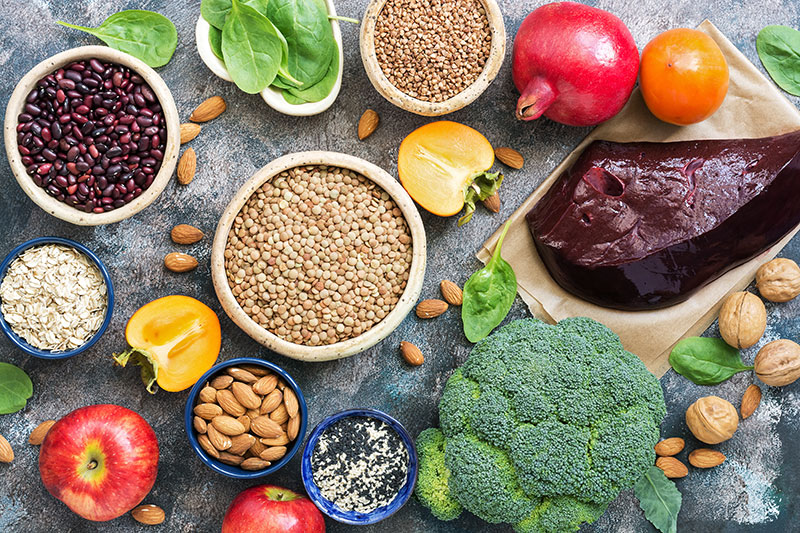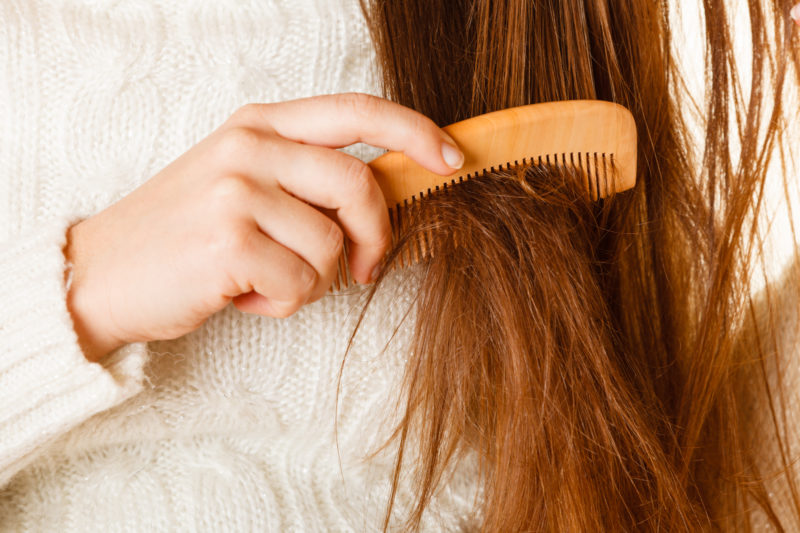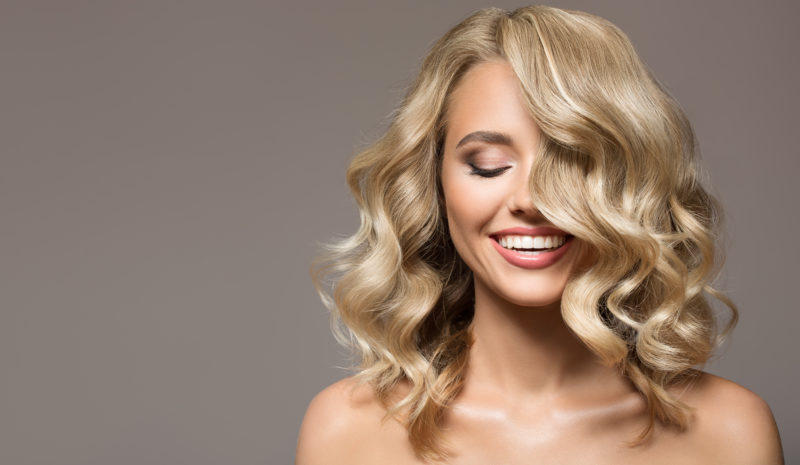Time and time again, we’re told to consume a balanced diet to ensure we get enough of the vitamins and nutrients we need from our food, but not all of
Time and time again, we’re told to consume a balanced diet to ensure we get enough of the vitamins and nutrients we need from our food, but not all of us really know what these nutrients do. One such nutrient is iron and while it may sound rather metallic, it’s one of the key things our bodies need to keep working as they should. Without iron, our hair struggles to grow as quickly or as strongly as it can and while it may not need the expertise of a specialist Choi implanter pen technique to fix, it can be devastating for the sufferer. Here, we’re looking at why iron is so important for your hair, and how to overcome a deficiency.
Why Do Our Bodies Need Iron?
Without blood, our bodies can’t run efficiently; red blood cells carry oxygen around the body, ensuring that every muscle, organ and cell gets precisely what it needs to keep going and stay healthy. Without iron, our red blood cells can’t do their job. Iron is a component of haemoglobin, which is the part of a red blood cell that carries the oxygen and so with insufficient iron intake, these cells won’t perform their tasks effectively, leading to fatigue, exhaustion and more.

What Is Iron Deficiency?
Iron deficiency (anaemia) is simply described as an insufficient level of iron in the body, usually manifesting in several different symptoms including:
- Fatigue
- Weakness
- Pale Skin
- Chest Pain
- Shortness of Breath
- Headaches, Dizziness or Light-headedness
- Cold Hands or Feet, or Both
- Sore Tongue
- Brittle Nails/Hair and Loss of Hair
While these symptoms aren’t always related to iron deficiency, visiting a GP can help you to not only clarify the cause of the above but put together a plan to help raise these levels.
How Might An Iron Deficiency Affect My Hair?
Within our bodies, we hold two kinds of iron – Serum iron and Ferritin. It’s Ferritin that plays a part in the strength and health of our hair follicles. A lack of this can not only cause general hair fall, but you could also see changes in the condition or structure of your hair, increased hair dryness, loss of volume, loss of natural colour and loss of shine, as well as hair strands that are prone to breakage or that are very thin. You could also see white, or non-pigmented, fine hairs growing.

What Can I Do To Fix It?
If you find that the poor condition of your hair is being caused by iron deficiency, there are a number of solutions, not least including changing up your diet to include more iron-rich foods. Leafy greens are one such food, not least including broccoli, spinach, cabbage and more, and egg yolks are also a good source of iron. You might also find that even with a changed diet, your body isn’t absorbing iron – this is because it needs vitamin C in order to do so. Make sure you’re getting a well-balanced diet featuring plenty of iron and vitamin C for the perfect combination.
If your body is still struggling, you may find that iron supplements help, though it’s important to first have your iron levels checked and managed by a doctor. They can advise you on the best measurements to ensure you’re getting everything you need, and that the quality of your hair improves in no time.



















































































































COMMENTS